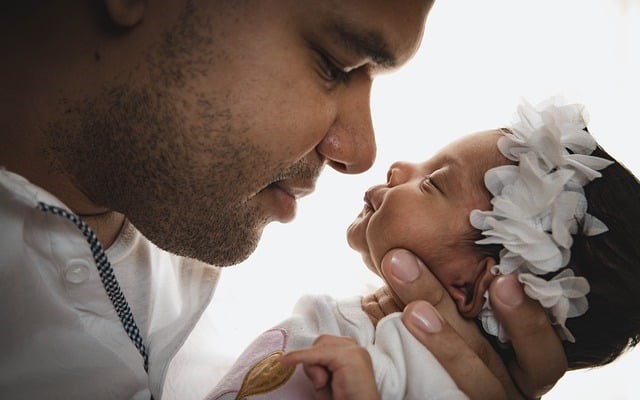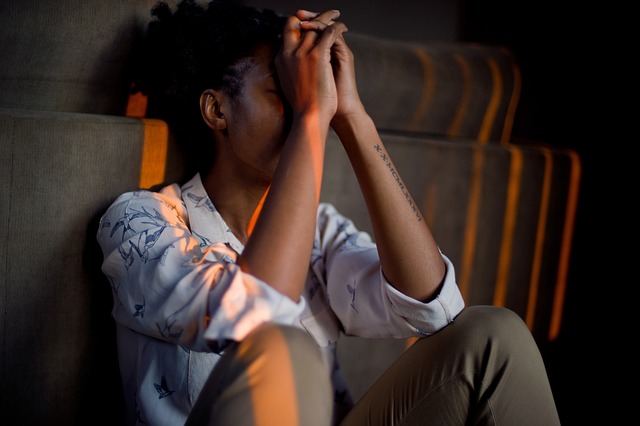When we think of postpartum depression (PPD), the first image that often comes to mind is that of a new mother, struggling to cope with the emotional and physical challenges following childbirth. While the condition is widely recognized in women, there is an often-overlooked reality that dads can experience postpartum depression too. In a new research study, experts share their insights with Parents.com and shine a light on how and why this can happen.

“Postpartum depression symptoms in men are often internalized, making them harder to detect,” Shanaz Ikonne, a Texas-based licensed professional therapist told Parents. “In my experience counseling, men internalize their struggles until the symptoms begin to affect their marriage, relationships, or job performance.”
Ikonne continued, “Untreated PPD can impact a father’s ability to bond with their child, which can affect the child’s emotional and cognitive development, in addition to increasing conflict. It can also impact daily life functions and, in some instances, increase suicidal thoughts, substance use, and withdrawal from relationships.”

The new study, reported in the Journal of Affective Disorders, shows that 1 in 10 men screen positive for depression in the postnatal period.
According to Parents, to present new research information for the current study, researchers did a secondary analysis of an original 2010 research project, “Ten to Men,” where the data included 350 men who provided information during the pre-conception and postnatal follow-up period, as well as 427 men who contributed data during a follow-up period after infancy.
One of the key takeaways from the new study reevaluation is the importance of fathers being proactive in taking care of their well-being and mental health care prior to having children. This has the possibility of lowering the risk of depression during the postnatal period.

Additionally experts point out that during this period men too can experience hormonal imbalances.
“This includes a drop in testosterone, which affects mood and sleep,” Joshua P. Smith, DPC, MA, LPC, a father and licensed professional counselor, told the outlet. “Many times, the focus is on the mother, but fathers also experience depression after their partner gives birth. I have experienced it personally and have recently counseled other men through it.”
Ikonne suggests that here are a few signs that can signal that a dad is experiencing postpartum depression:
- Persistent sadness and/or hopelessness
- Sense of dread or overwhelm Increased frustration or irritability
- Difficulty bonding with their child
- Withdrawal from family and friends
- Avoidance of previously enjoyable activities
- Changes in appetite or sleep Feelings of deep guilt
- Fatigue
“Paternal postpartum depression often peaks three to six months after the birth of a child, so it’s important to observe for any symptoms to reduce postpartum depression with early screenings and therapy,” she said.
If you know someone who is experiencing postpartum depression, whether male or female, it is important for you to consult a physician immediately.






